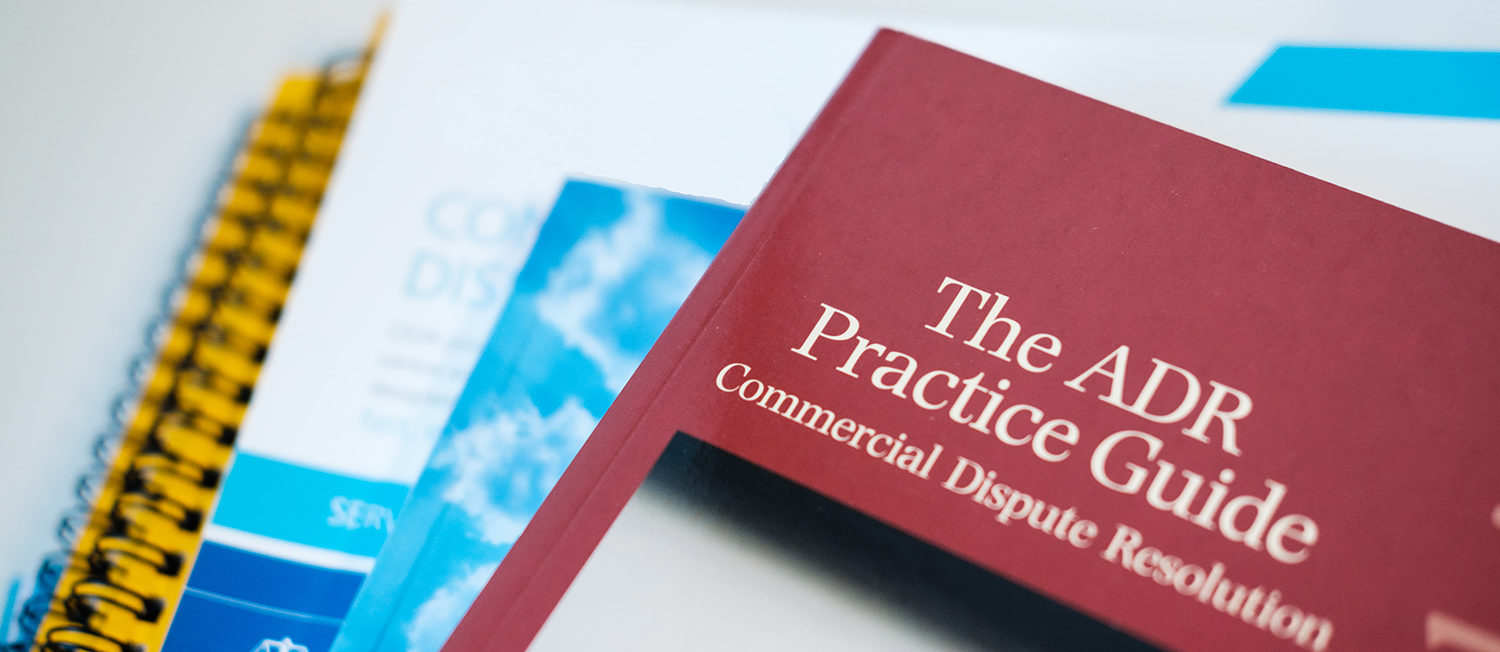10th CEDR Mediation Audit – What you Need to Know
02/02/2023
Access the full Audit online here.
Access the full PDF version of the Audit here.
Listen to a podcast summary of the Audit here.
Background to the Mediation Audit
2023 marks the tenth occasion in which CEDR has released its biennial audit of the United Kingdom Commercial Mediation marketplace.
For 20 years it has tracked the development of commercial mediation in the UK as well as identifying key trends, challenges and possible solutions to issues.
Its importance stretches far beyond the UK and is used internationally as both a source of inspiration and a north star for the development of mediation.
Authored by Graham Massie, it is run each year in partnership with the Civil Mediation Council and this iteration is based on the responses of 328 commercial mediators.
1. Mediation Grows Despite the COVID-Induced Slump
Immediately prior to March 2020, CEDR estimates approximately 16,500 mediations were taking place in the UK.
Following a 35% market activity dip during the COVID period, in the year end 30 September 2022, cases bounced back to reach 17,000 per annum. A 3% increase from the pandemic.
A modest increase, but a strong bounce back following a period of diminished activity.
2. Online Mediation is Here to Stay
Necessity being the mother of invention saw the rise of online mediation from March 2020 onwards.
It emerged from the fringe but many questioned whether it would be a flash in the pan or become a permanent fixture in the dispute resolution landscape.
The verdict is now in.
It is here and here to stay.
Of the 17,000 reported cases, 64% were conducted online. While down from the 89% high during the pandemic, as Graham Massie, notes
“it would seem the nature of the field has permanently changed.”
We also know anecdotally Mediators are increasingly using the online forum to enrich pre-mediation contact and follow-up which was traditionally conducted over the phone.
3. Mediation Settlement Rates Remain Steadfastly Strong
Mediation’s settlement rate has always been impressive both on the day and in the days/week/s following the engagement.
This audit’s findings reaffirm this.
It reports a 73% on-the-day settlement rate followed by a further 20% in the period after giving an overall success rate of 92%.
4. Is the Profession Ready for Mandatory Mediation?
This was one of the biggest questions this iteration of the audit sought to answer. It was of particular interest to the UK Ministry of Justice as it plans to introduce mandatory mediation for all contested claims under £10,000 in the County Courts.
The audit reports the membership of the Civil Mediation Council to have a market capacity of 54,000 days.
It is therefore safe to assert that a significant expansion of mediation activity following the introduction of mandatory mediation, would be well handled by the UK mediation profession from a capacity perspective.
5. Litigants in Person (LIPs) and Mediation
The discussion around mandatory mediation, particularly as it pertains to claims up to £10,000, where a significant portion of these will involve unrepresented parties, raises the question of their experience and effectiveness in mediation as well as possible challenges for the mediators.
The audit does show that in claims under £10,000, there were reported issues around LIPs understanding legal and commercial aspects of their case as well as how well they were able to represent themselves.
This naturally led to a high number of instances where the mediator was asked for assistance when it came to advice on the merits of their case for example.
It is worth noting however, these issues dissipated slightly as the value of the claims rose from £10,000 to £25,000 and above.
Mediators did also share that there is nothing inherently wrong with LIPs in mediation and that well-prepared and sensible individuals can generally be more helpful in achieving settlement compared with a dogmatic lawyer.
There was a reported need for more preparation with LIPs to help them understand the process and how it works, whereas represented parties will benefit from a lawyer likely well versed in or at the very least, aware of the mediation process.
Moving forward, the field may need to be diligent in providing appropriate guidance and support for unrepresented individuals to make sure they can maximise the opportunity the process presents.
6. Mediation has Considerable Commercial Clout
In every audit, Graham Massie presents some impressive figures on the contribution mediation makes to commercial life in the United Kingdom.
Most notable are three key figures.
- Roughly £20 billion worth of cases are mediated each year
- Since 1990 therefore around £195 billion worth of cases have gone to mediation
- Mediation has saved business around £5.9 billion in wasted management time, legal fees, lost productivity and damaged relationships per year
7. Final Thoughts
Audit author Graham Massie notes:
“mediation has arrived at its desired destination within the mainstream of the litigation system, but its race is far from run. The move towards mandatory mediation appears to be the next challenge on the horizon, and this Audit suggests that our profession is well placed to meet the need.”
In terms of the opportunity still out there, he comments:
“Our historic growth to a total of around 17,000 mediations a year is certainly an impressive achievement, but with some 247,000 contested Civil law cases in England and Wales each year[1], the need (and opportunity) is still vast. So, with new approaches, and new areas for implementation of mediation, we are still evolving, but the journey has not ended.”
[1] 1.3 Million claims were brought in 2020, but only 19% of claims are defended (and therefore necessitate a court hearing).This figure does not include family law cases, employment tribunal cases or criminal cases.


